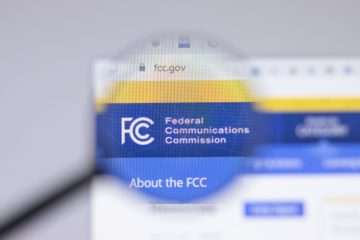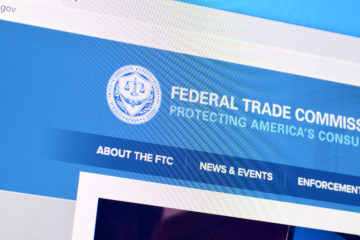Debates surrounding TikTok’s ascent in the United States have sparked concerns over its potential to influence American culture and serve as a conduit for foreign influence, notably from China. Critics warn of an impending cultural shift, echoing fears of an “epidemic” driven by the platform’s widespread reach. However, a nuanced examination reveals a more pragmatic view. Amidst apprehensions about TikTok’s alleged power, it’s crucial to contextualize its success within the broader framework of global trade and cultural exchange.
Rather than signaling a unilateral erosion of American culture, TikTok’s rise in popularity underscores the complexities of modern-day interconnectedness and the mutual benefits that can arise from international exchange. Market Institute President Charles Sauer writes in a recent article at Real Clear Politics on the importance of free trade and cultural exhange.
“In a recent guest column for RealClearPolitics, Chris Fenton wrote with alarm that TikTok will soon control the entertainment industry – and ultimately American culture itself. Fenton believes TikTok’s presence in the U.S. amounts to an “epidemic,” and fears the platform is poised to powerfully “shift shapes” of U.S. culture.
Fenton is not alone in his fear about TikTok, which is why it’s important to address the platform’s critics. There is another way of looking at TikTok’s success stateside, along with the presumption that it uniquely has the power to shape how people see the United States, China, and the world more broadly.
As Fenton likely knows from his extensive experience in China, the Chinese people are in the midst of a passionate love affair with all things American. Fenton, whose own professional experience is in the film business, acknowledges the citizenry’s interest in American movies, but this is a small part of it. Apple sells one-fifth of its iPhones in China, there are 5,500 McDonald’s in China now with plans for 10,000 by 2028, along with 6,800 Starbucks in China – with thousands more planned – and on and on.
The remarkable ubiquity of American symbols of capitalism throughout China is not, in itself, a rebuttal to those worried that Beijing authorities will gain access through TikTok to Americans’ private information. More on that in a bit.
At the same time, it’s very telling just how dense China is with American products and services. If TikTok really is a vehicle for something sinister in the U.S., the passion of the Chinese people for Americana exists as a useful data point that at the very least calls into question so much of the worry about TikTok’s ability to influence the American people. The app didn’t dampen reverence within the Chinese citizenry about the United States, so why is it realistic to presume that it will achieve in the U.S. what it apparently hasn’t in China?
At the same time, the pervasiveness of American companies in China helps illustrate what a global economy in the information age looks like. The big picture is that the influence of American culture is far more prevalent in China than the other way around. That in mind, the thought that one app can overwhelm the vast influence of U.S. broadcast networks, movie studios, social media entities, publishers, musicians, fashion designers, and social “influencers” seems far-fetched.
Better yet, the aforementioned ubiquity of all-things-American in China speaks to a more positive way of looking at TikTok’s immense popularity in the U.S. Lest we forget, to export is to import. As TikTok and other Chinese companies grow in stature in the United States, so grows the ability of the Chinese people to consume more and more of what’s created here. It seems American companies understand this truth best, as evidenced by their plans to aggressively expand their commercial footprints in China. Put another way, Chinese companies can’t increase their presence in the U.S. without a commensurate growth of the U.S. presence in China.
Instead of viewing TikTok as a threat to American culture, its popularity in the United States signals a rising – and mutually beneficial – American presence in China. TikTok critics should remember that trade is a two-way street, and the growth of American culture in China is and will be a happy consequence of an increased TikTok presence in the United States.”


